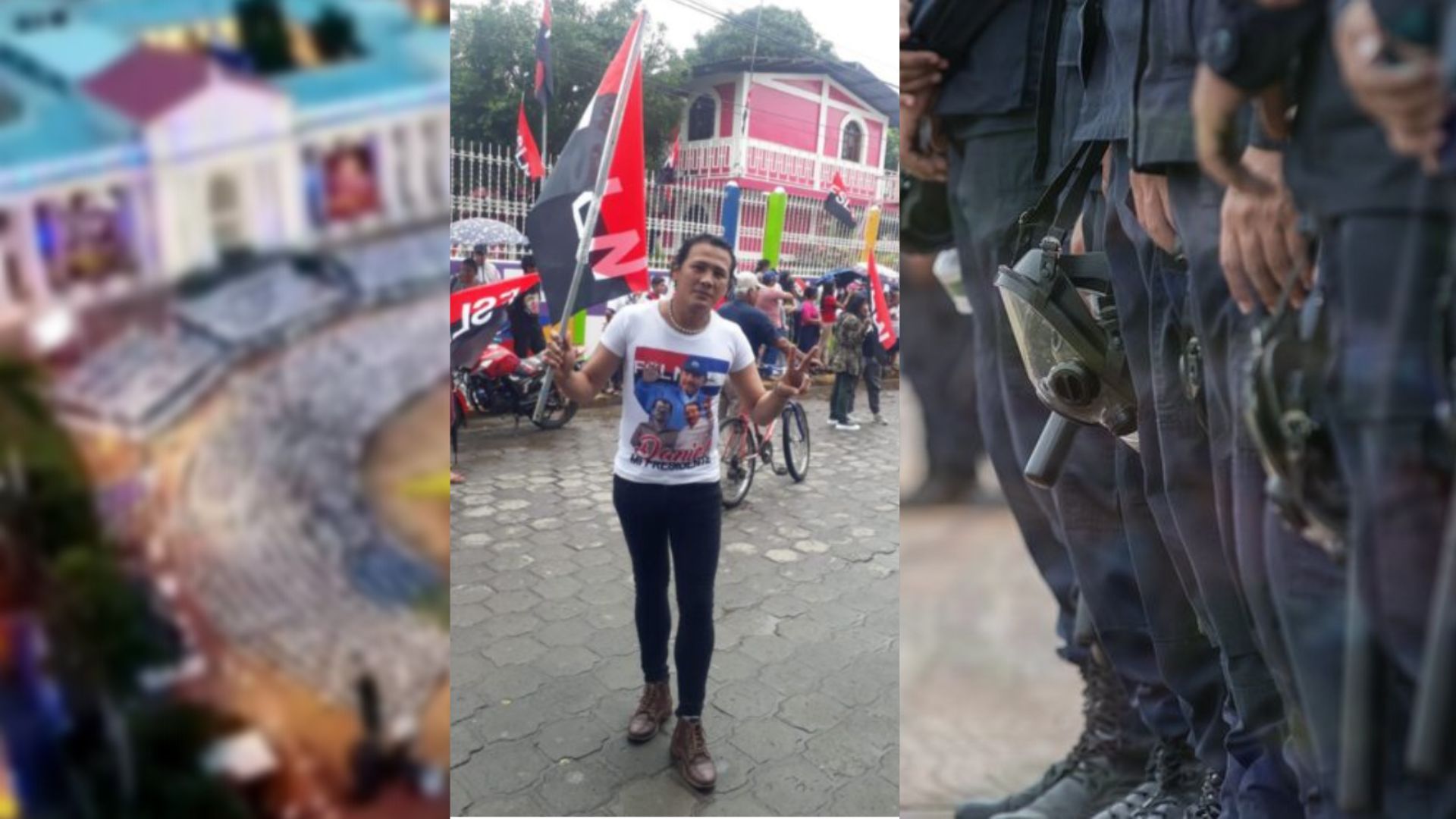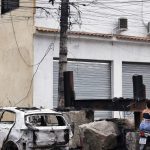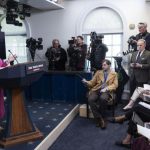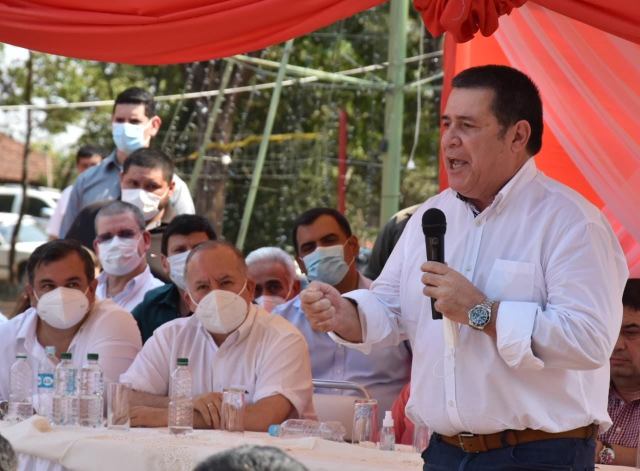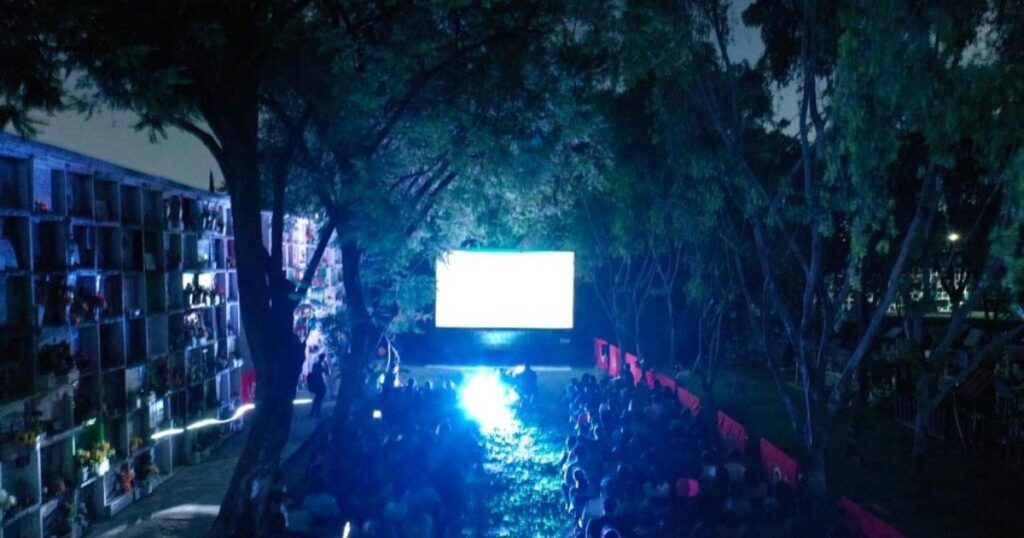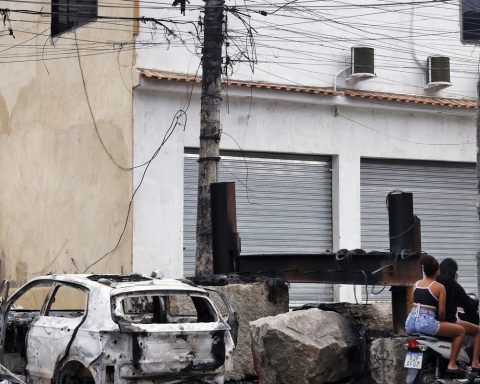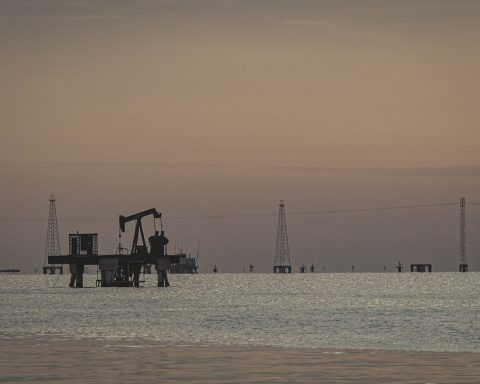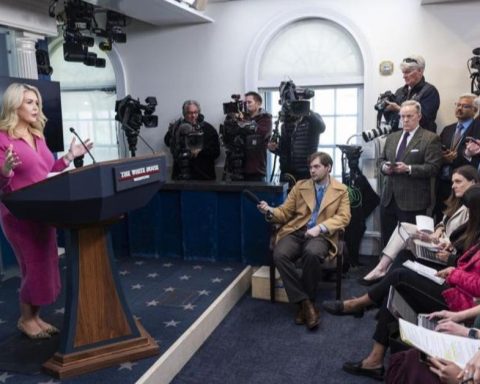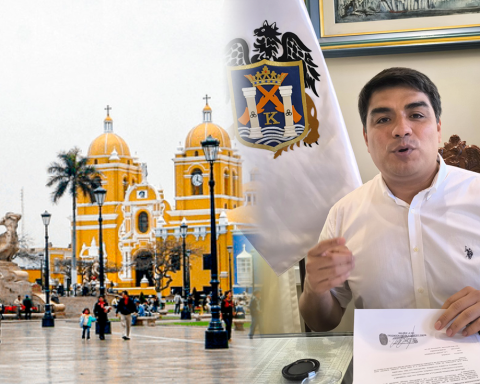The regime authorized the political prisoners held in “El Nuevo Chipote” to receive visits from their relatives, after keeping them incommunicado and isolated for 40 days. This is the ninth time that the inmates have been seen by their relatives in more than a year of confinement for most of them. A source revealed to Article 66 that the regime notified the relatives just an hour before the visit.
Among the political prisoners who were able to communicate with their close ones, this July 22, are Juan Sebastian Chamorro, Luis Rivas Anduray, Jose Adam Aguerri, and Violeta Granera. Y Tamara Davila.
Related news: “Sanctions on meat exports could be next”, after elimination of sugar quota, warns McFields
For her part, Berta Valle, wife of Félix Maradiaga, demanded that the authorities allow the entry of a Bible for the opposition leader. The “A Bible for Felix” campaign began in 2021, after the first visit, however, the dictatorship denies access to any reading material.
The Police handed over the Sandinista militant dead Roberto Jose Meneses Morales, 36 years old, after arresting him for allegedly “making a scandal” at the party celebration on July 19.
The young man, originally from Diriomo, Granada, died the same day in the cells of the station of that municipality, after being violently taken to the place. The Police alleged that Roberto, known as “Tito” had taken his own life, however, the relatives do not believe in the police version and, on the day of his burial, the coffin was not covered by the red and black flag.
According to Roberto Meneses, father of the deceased, he witnessed how the police officers at the service of the Sandinista government captured his son “in a violent way.” “One of those policemen who wear black — from the Space Operations Directorate (DOEP) — violently grabbed my son and suffocated him.”
“When he fell into the bathtub —of the police patrol— he was unconscious and suddenly came back to life; yet another policeman put his foot on his chest. I told the officer: “please don’t put your foot on his chest because he has lung problems” », he recounted.
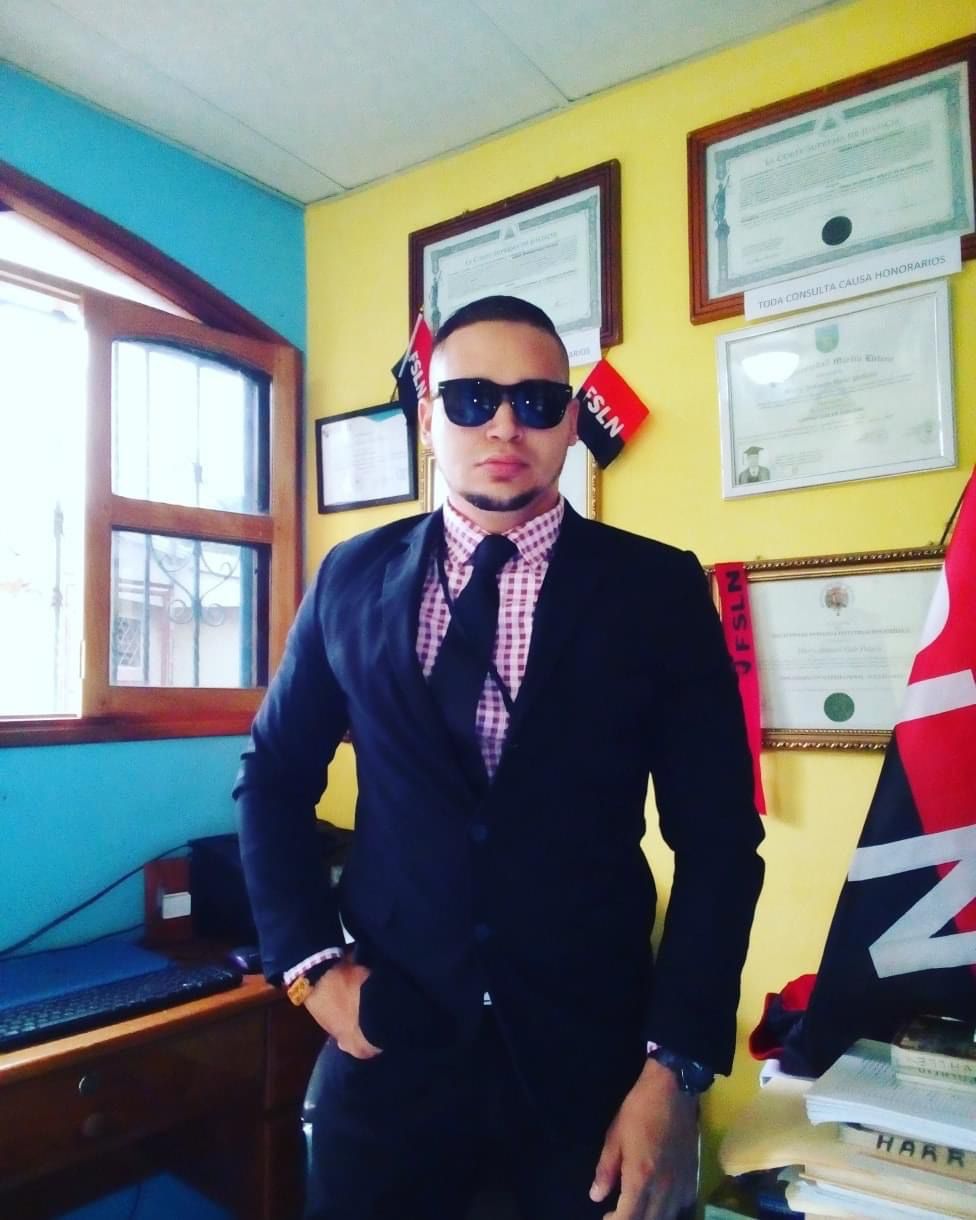
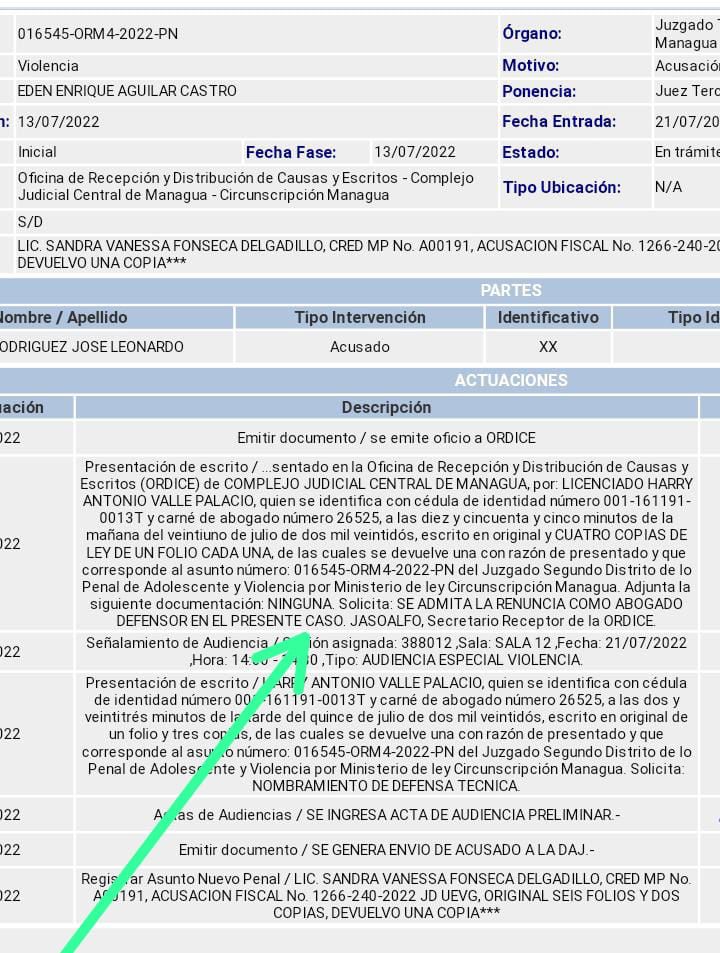
the Sandinista lawyer Harry Valley resigned from being the legal defender of Monsignor Jose Leonardo Urbina Rodriguez for unknown reasons. Jurists revealed to this medium that Valle presented his resignation on Thursday, July 21, in the morning, after showing himself in favor of the regime in the accusation against the priest.
The specialist in the administration of justice Yader Morazán stated that the lawyer “only committed fraud” and committed the crime of unfaithful sponsorship by deceiving to deliberately harm, in this case, Father Urbina, who is accused of alleged rape to the detriment of a 12 year old teenager.
In turn, it was learned that the judge Eden Enrique Aguilar Castro he will be the one to prosecute monsignor Joseph Leonard Urbina. Eden Aguilar is another renowned Sandinista, according to lawyers.
Related news: They appoint a judge to take proceedings against Monsignor Urbina. They identify him as a fan of Ortega
The breaking of diplomatic relations with Taiwan and the elimination of Nicaragua’s sugar quota to the United States market will affect the shipment of 92 thousand tons of that product to these markets from July and October 2022.
According to Mario Amador, president of the National Committee of Sugar Producers (CNPA), the sector has more than 40 destination markets for exports of the product and assures that they would not have problems placing it.
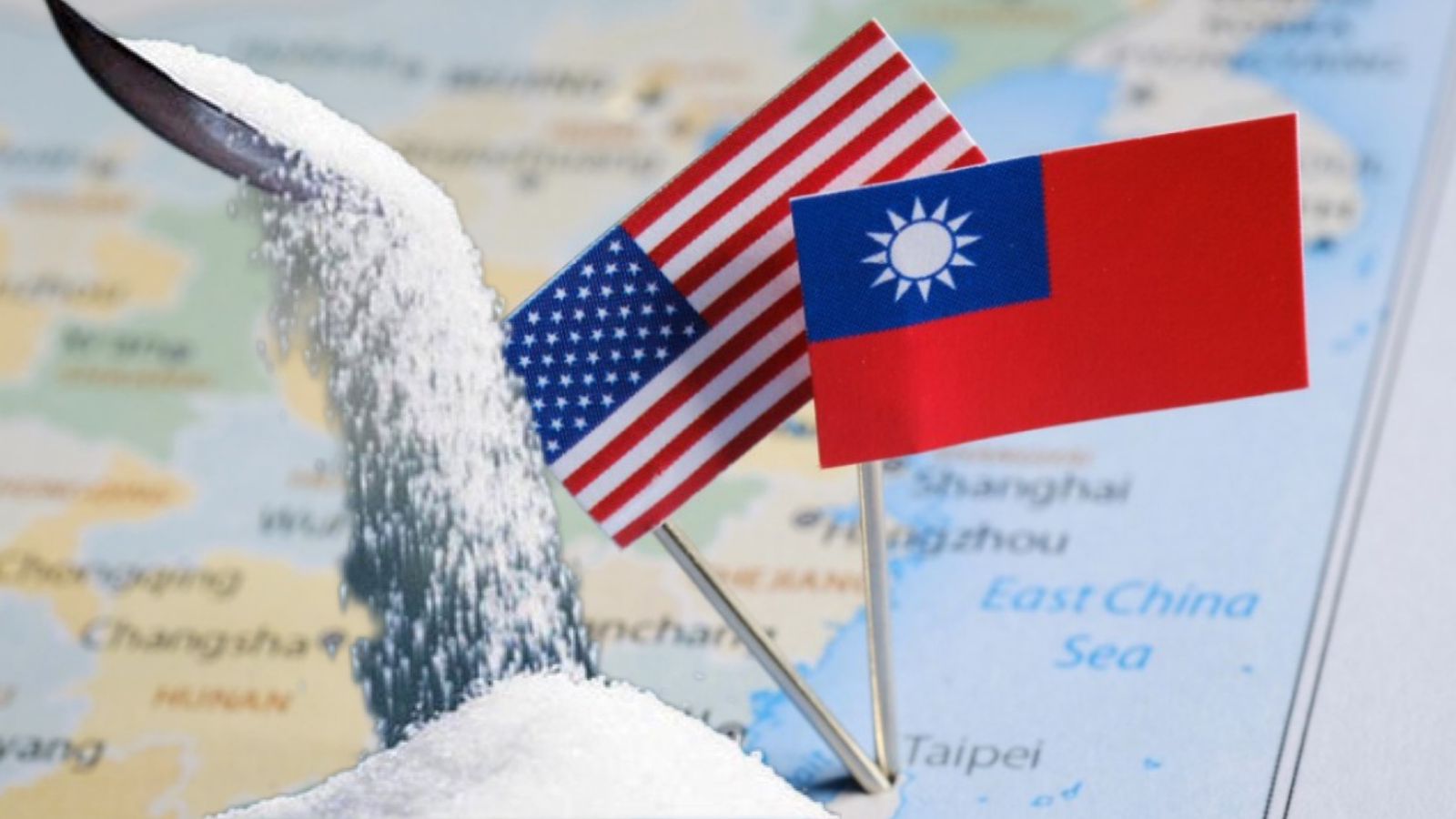
However, they will be affected, due to price issues, of around 6.5 million dollars, of which 55% will be assumed by private cane producers and the remaining 45% by the country’s four mills. An economist said, on condition of anonymity, that the restrictions on businessmen, allies of Daniel Ortega, could worsen if there is no political change in Nicaragua.
A report prepared by the Center for Transdisciplinary Studies of Central America (cetcam) pointed out that the illegitimate president of Nicaragua, Daniel Ortega, benefits from the political map of Latin America, since his new leftist governments, although they do not support his totalitarian drift, do not condemn it either.
The document called “Regional political reconfigurations and authoritarian radicalization” highlights that, in general terms, “Ortega is in a more comfortable position for his dictatorial claims in the new Latin American political map.”
The center of thought indicates that the installation of governments qualified as leftist or progressive, such as that of Gabriel Boric in Chile, Xiomara Castro in Honduras, Gustavo Petro in Colombia, and the probable election of Luis Lula da Silva in Brazil, will probably not be align with the regime, but “neither will they follow a proactive line of denunciations and condemnations” of the repressive situation in Nicaragua and the illegitimate nature of Ortega.
